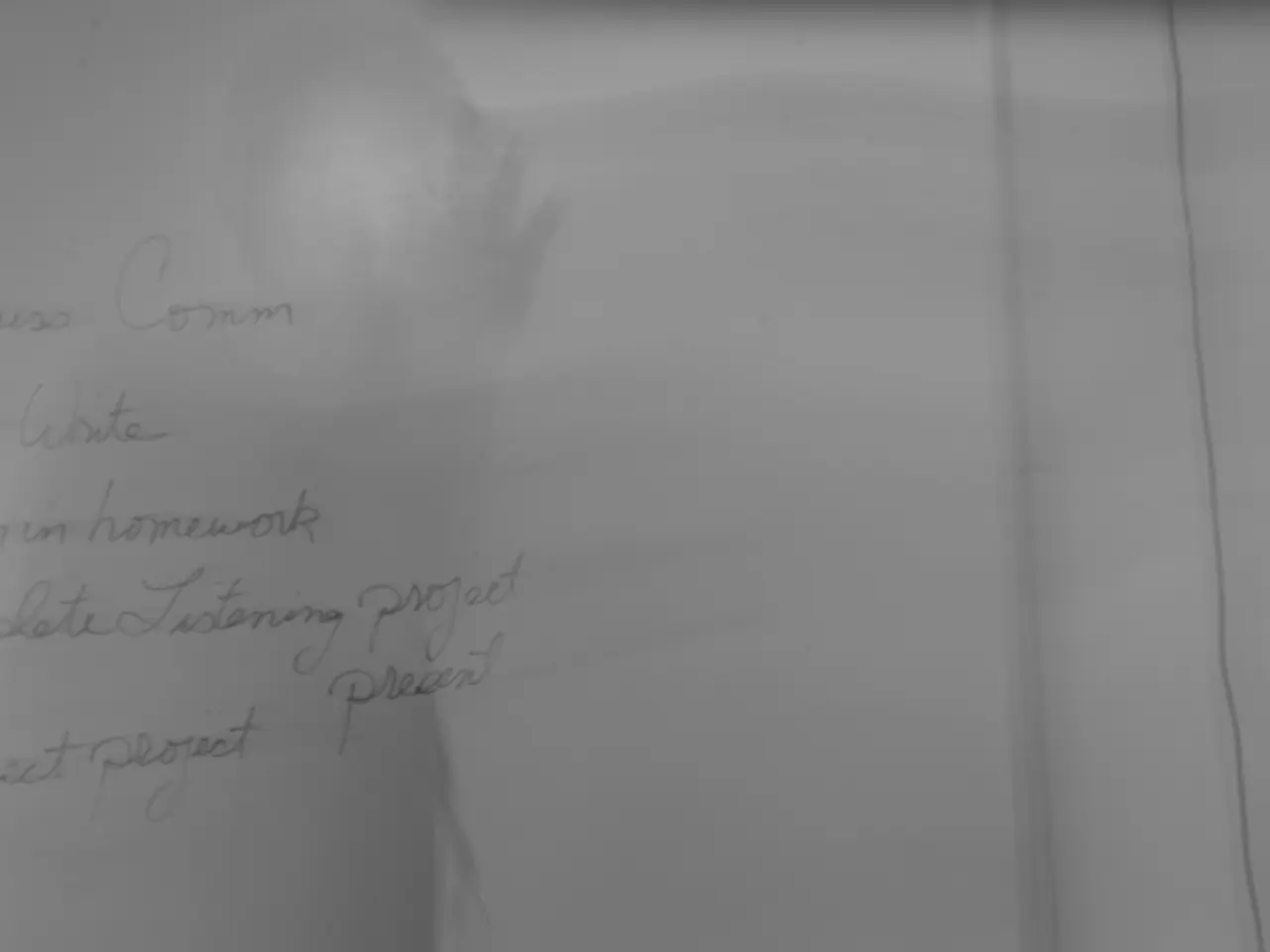Citizens' Views on Taxes Among U.S. Residents
In her new book, "Taxation and Resentment," political scientist Andrea Campbell delves into the intricate web of public opinion about taxes in the United States. The book, which has been hailed as "essential reading" by Vanessa Williamson of the Brookings Institution, sheds light on the complexities and contradictions that characterise the American public's stance on taxes.
Campbell's research reveals a central tension: while people generally support the principle of progressive taxation, they also prefer specific regressive taxes. This paradox is influenced by a myriad of political, demographic, economic, psychological, and social factors.
One of the key factors is the interests of different political and demographic groups. Higher-taxed groups, for instance, may oppose progressive taxation more strongly, influencing public opinion from the top down.
Perceptions of fairness and economic impact also play a significant role. Attitudes towards taxation are shaped by how people perceive fairness, who bears the tax burden, and how taxes affect economic growth and inequality. This can vary widely based on individual economic status and ideological beliefs.
Psychological factors such as trust in government effectiveness and prevailing social norms also strongly affect taxpayer behaviour and opinions on tax progressivity. When people trust that tax revenues are used effectively for public goods, they may be more supportive of progressive taxes.
The complex nature of the U.S. tax system—federal versus state taxes, income versus sales taxes—and public understanding also influence opinions. Misconceptions or targeted campaigns (e.g., against estate taxes) can shift views significantly.
Broader economic conditions and state-level fiscal needs shape tax policies and public receptivity to them. For example, states adjust tax rates partly in response to budgetary needs and economic cycles, which in turn influence public opinion on tax fairness and necessity.
Political messaging and campaigns by interested groups aimed at shaping opinions—such as campaigns to lower estate taxes—demonstrate that public opinion matters and can be influenced by top-down efforts.
Campbell's book, which is based on data going back to the end of World War II, also highlights that public opinion does matter in policymaking. For instance, the successful public campaign to lower the estate tax in the first decade of the 2000s is evidence of this.
Interestingly, the public-opinion record on taxes is considered very thin compared to public opinions on spending in the U.S. However, the book reveals that Black and Hispanic Americans, who may be disproportionately affected by regressive taxes, also express anti-tax perspectives but show more support for the state functions funded by taxation.
White Americans with heightened concerns about redistribution of public goods are more opposed to taxes than those who do not share those concerns. Political independents often have the most anti-tax views of all, differing from both Democrats and Republicans on taxes.
Campbell hopes that policymakers, scholars in multiple fields, and students will read her book, as she believes more people could stand to know more about taxes. The book is a valuable resource for anyone looking to understand the complexities of public opinion about taxes in the U.S. and the factors that influence it.
- Andrea Campbell's book, "Taxation and Resentment," explores the complexities and contradictions in the American public's stance on taxes, highlighting the support for progressive taxation while preferring specific regressive taxes.
- The book reveals that the interests of political and demographic groups, fairness perceptions, economic impact, psychological factors, and social norms contribute significantly to shaping attitudes towards taxation.
- Higher-taxed groups may oppose progressive taxation more vehemently due to their interests, thereby influencing public opinion from the top down.
- Effective use of tax revenues for public goods can bolster public support for progressive taxes, demonstrating the influence of psychological factors on taxpayer behavior.
- Students, policymakers, and scholars across various fields are encouraged to read the book, as it provides valuable insights into the factors that influence public opinion about taxes in the United States.
- The complexities of the U.S. tax system, together with public understanding, policy messaging, and economic conditions, play crucial roles in shaping tax policies and public receptivity to them, underscoring the importance of learning about taxes for personal growth and education-and-self-development.




